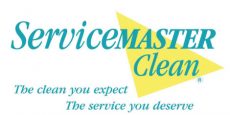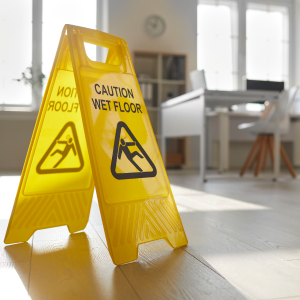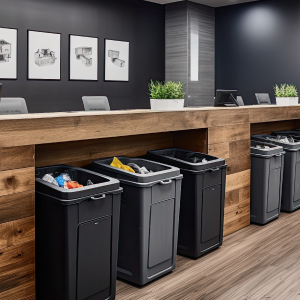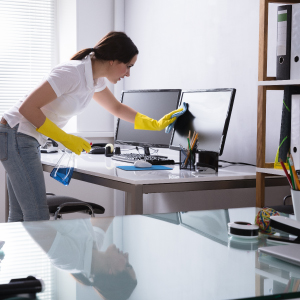Productivity is a vital indicator of business performance in terms of profitability and competitiveness, and though productivity can be measured in various ways, staff play a key role because increased workforce productivity levels hopefully leads to more profit without increasing staff numbers.
Put simply, the workplace productivity of an individual could be defined as the amount of work they do during their allotted hours of work.
However, how productivity is measured can vary from industry, to role, to individual company and there isn’t always a way to measure easily when the output isn’t always a tangible product. And being physically present at work does not necessarily reflect the productivity taking place – for better or worse.
So how can employers take steps to support staff productivity easily?
Providing staff with the tools they require to do their job is obvious. But the environment they work in is important too. In fact, a clean, organised workspace has been shown to have a tangible, positive impact on team productivity.
Staff may not actively notice if their workspace is clean and organised with everything easily available and where it should be, but they will notice if the opposite is the case. And the time spent cleaning up, looking for misplaced items and generally moaning about the state of the place, inevitably diminishes productivity levels.
What’s more, potential clients or employees will not be impressed if the workplace is clearly unhygienic and untidy. Clients may feel that it reflects the attitude with which their work will managed, and employees may feel that it reflects how they will be valued or even reflect a low level of work expected of them.
Staff absences are inevitable in any workplace, but it’s common sense that regular workplace cleaning will reduce the amount of potentially harmful bacteria throughout. The more germs, the more illness, the more absence.
However, with the best will in the world, rotas for cursory cleaning tasks and a quick spray round will not manage the office germ hotspots with which we are all familiar. Shared keyboards, mice, devices, kettles, fridges, stationary, floors, surfaces, phones, screens, door handles and lift buttons all harbour countless bacteria, and at the end of the day, individuals cleaning their bit of a shared workspace when they are eager to get home are not likely to be as thorough as necessary with any delegated cleaning tasks. Yet, taking designated time out to clean during the day also takes them away from their actual jobs and decreases their productivity.
A professional commercial cleaning company will organise contract cleaning, regular cleaning, deep cleans and flexible cleans to suit the different requirements of clients. A good cleaning service will fulfil the most demanding specification, professionally, expertly and safely.
Leaving staff to get on with their job and maximising productivity.







